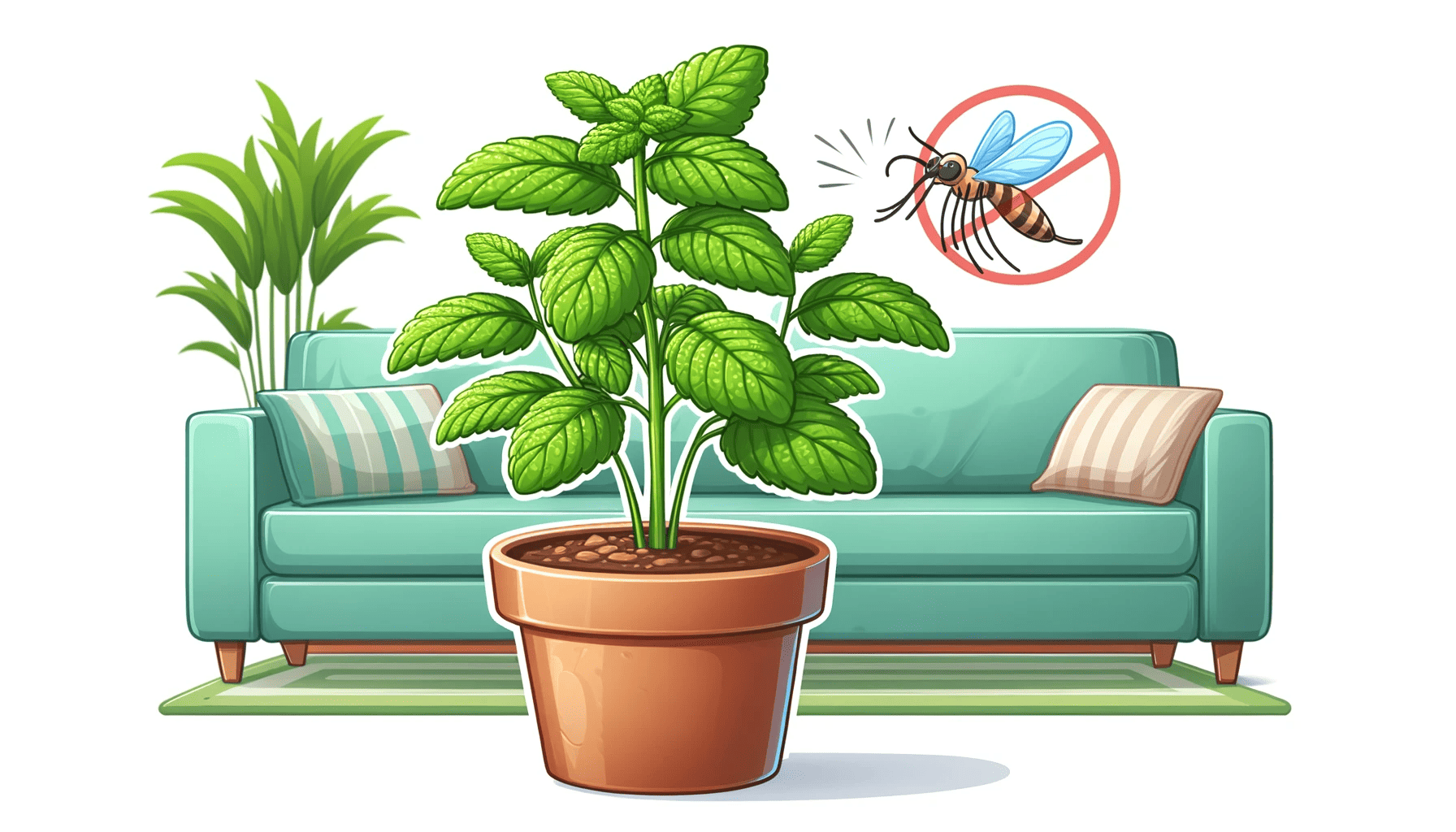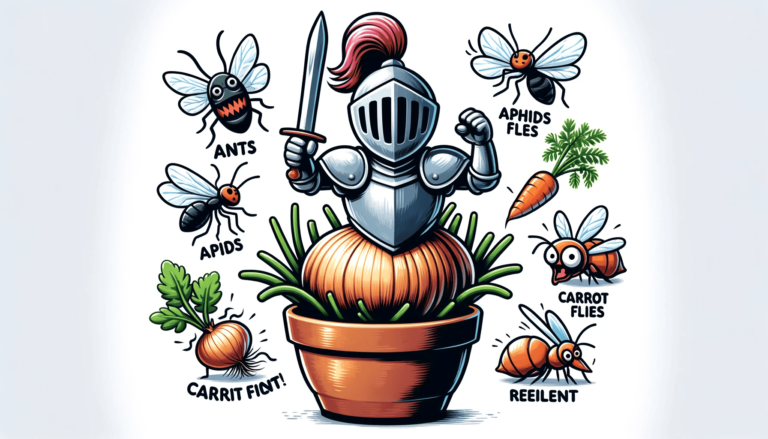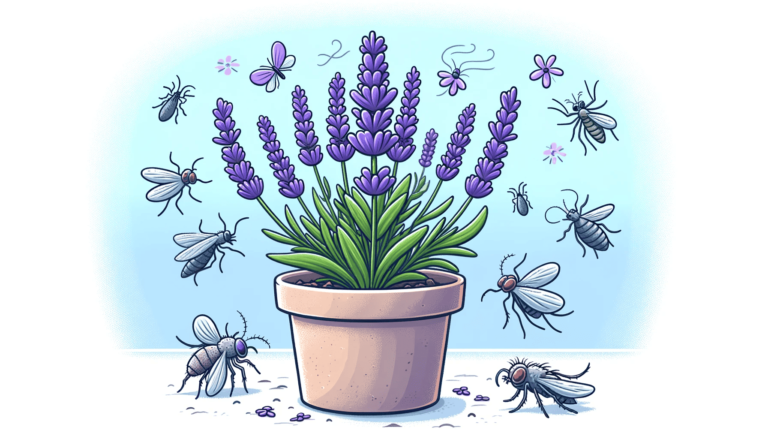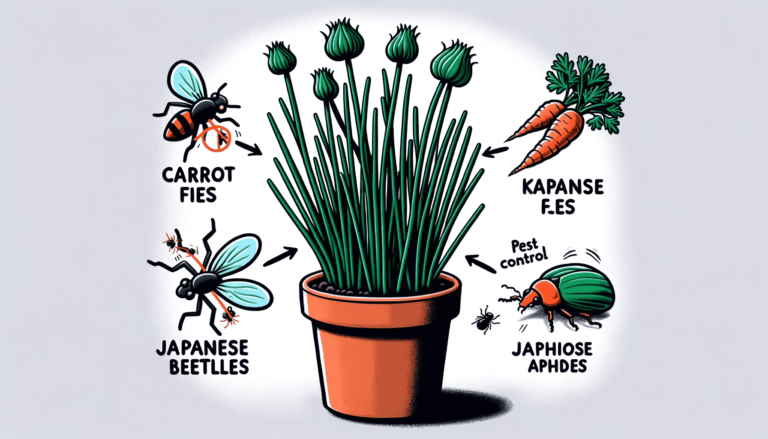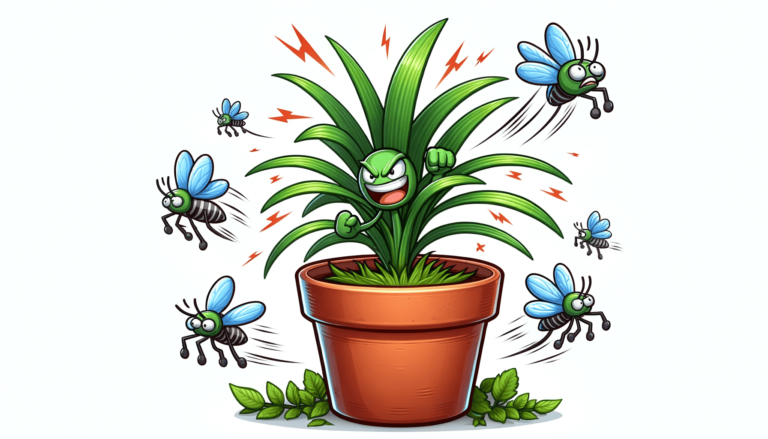Lemon Balm: Citrusy Charm Meets Insect Repellence
Imagine a plant that not only adds a zesty aroma to your home but also keeps those pesky insects at bay.
Meet Lemon Balm, a citrus-scented herb that doubles as a natural insect repellent. This delightful plant is more than its pleasant aroma; it’s a guard against unwelcome bugs.
The Essence of Lemon Balm’s Pest Repellent Nature
Lemon Balm, with its lemony scent, owes its pest-repelling properties to citronellal – a compound that is particularly effective against mosquitoes.
This natural ingredient makes lemon balm a safe, chemical-free alternative for controlling pests in your home.
Lemon balm is a herb that is known for its insect-repelling properties. According to The Nerdy Farm Wife, a blog on natural remedies, a homemade bug spray made from lemon balm leaves, basil, catnip, and mint can be effective in repelling mosquitoes and gnats.
The recipe involves stuffing a glass jar with the herb leaves and pouring witch hazel extract over them. After a week or two, the mixture is strained and stored in a cool, dark place. When ready to use, the infused witch hazel is mixed with water and a few drops of essential oils like basil, citronella, and lemongrass to boost the spray’s potency.
Cultivating Lemon Balm Indoors
Incorporating lemon balm into your indoor garden not only brightens your space but also aids in keeping it insect-free.
Thriving in pots with moist, well-drained soil and partial sunlight, lemon balm is a low-maintenance plant perfect for indoor settings.
A pot of lemon balm on your windowsill can act as a natural insect deterrent.
Utilizing Lemon Balm Beyond its Beauty
Lemon balm can be used in various ways for pest control.
You can create a homemade repellent spray by steeping lemon balm leaves in boiling water, or simply place fresh leaves in areas where pests are a concern.
Its versatility extends from the garden to your entire home.
Integrating Lemon Balm with Other Natural Methods
For maximum effectiveness, use lemon balm as part of a comprehensive pest control strategy.
Combining it with other natural repellents enhances your home’s defense against pests, creating a more robust barrier.
Lemon balm’s role in natural pest control is part of a bigger picture.
To discover more about harnessing the power of plants for a pest-free home, delve into our extensive guide, “27 Indoor Plants Great for Pest Control“.
It’s a treasure trove of natural solutions for maintaining a healthy, pest-free environment.
Conclusion
Lemon balm, with its refreshing scent and insect-repelling abilities, offers a delightful way to enhance your home’s ambiance while keeping it free from pests.
It’s a testament to the effectiveness of natural solutions in everyday life.
So, as you enjoy the fresh aroma of lemon balm, remember, it’s doing more than just pleasing your senses; it’s actively safeguarding your home.
